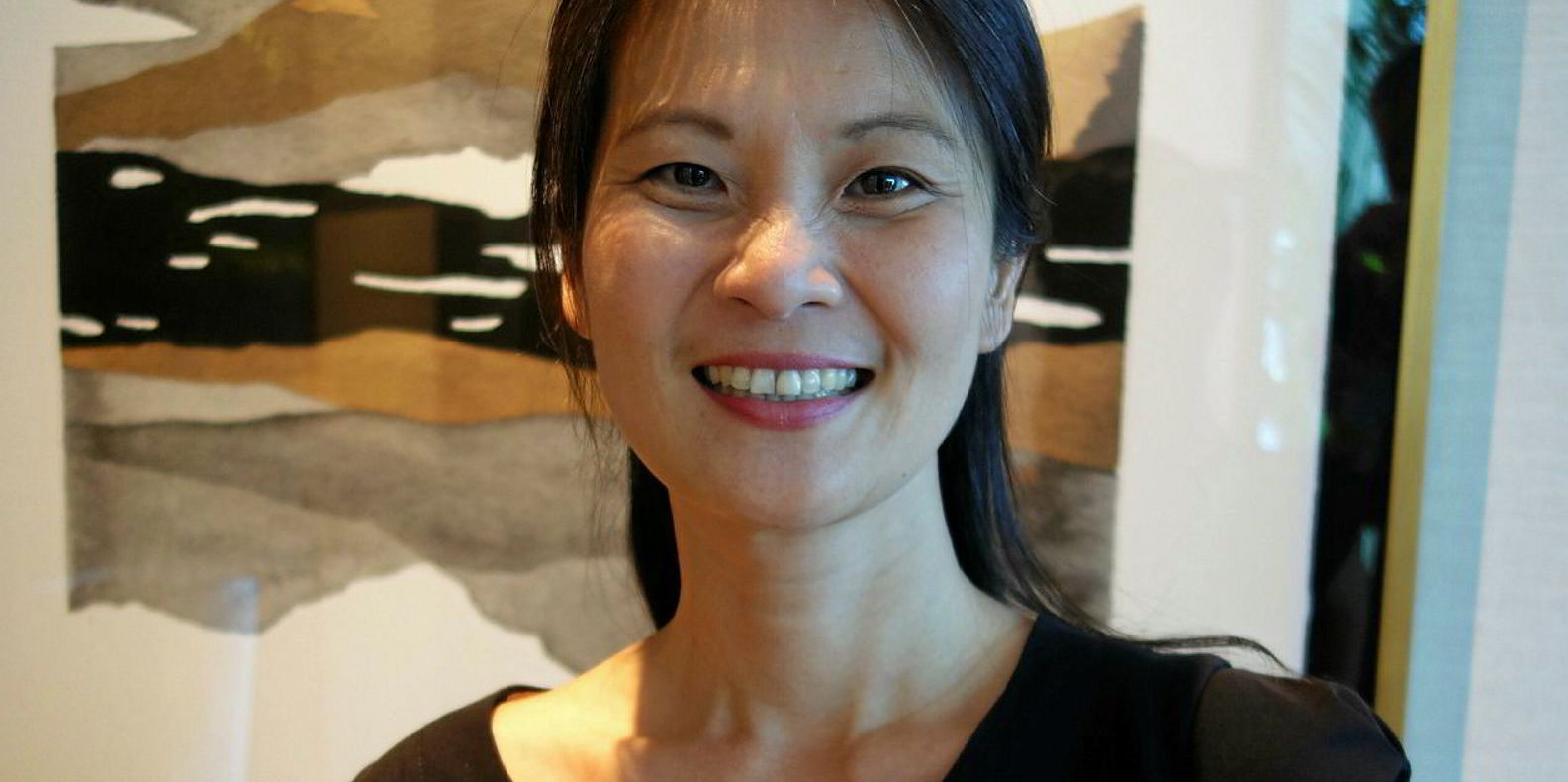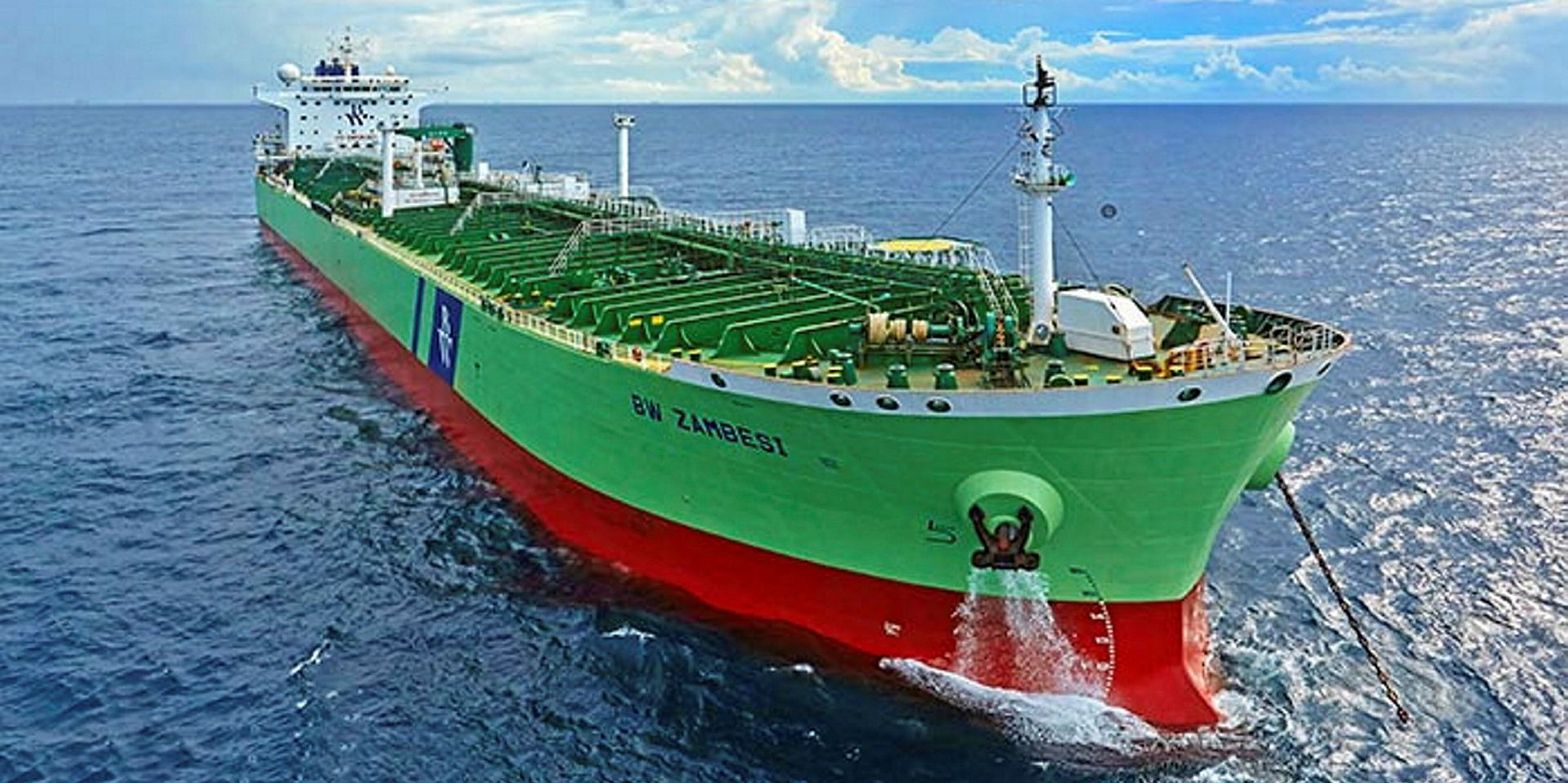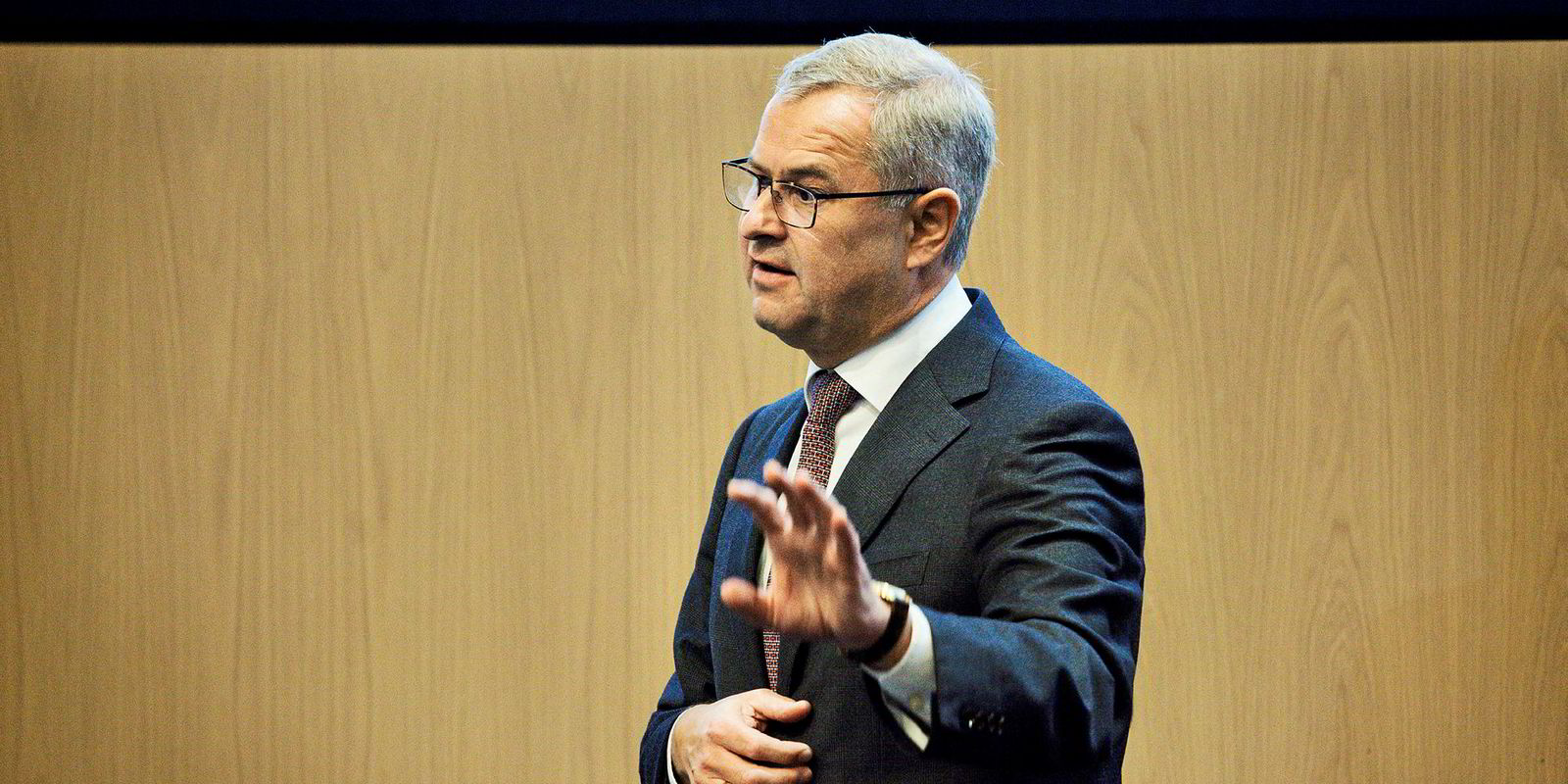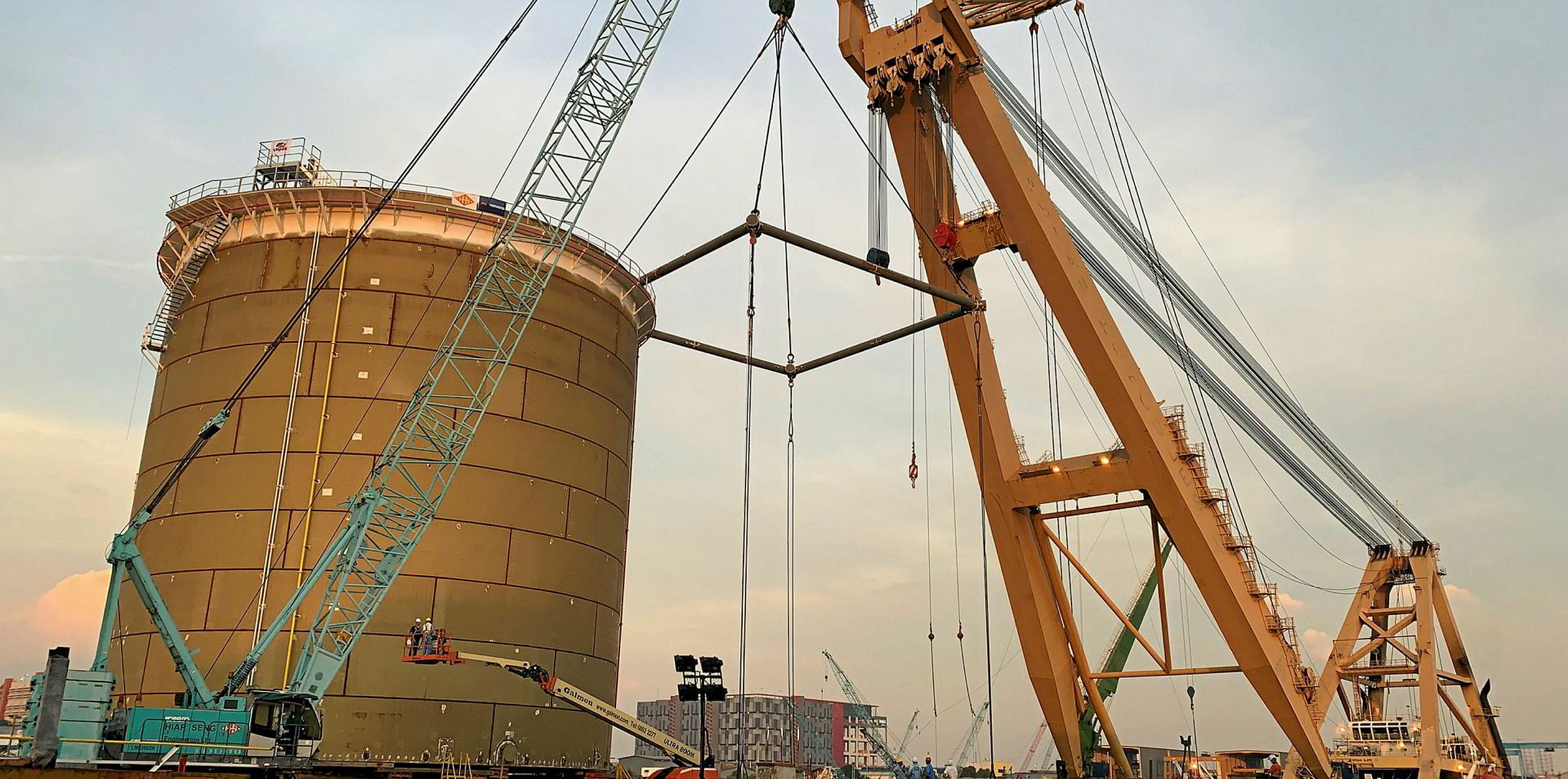Singapore’s shipping big guns say they are ready for IMO 2020 a full six months ahead of the 1 January deadline.
“BW Group, Maersk Tankers, Pacific Carriers, AET and Pacific International Lines (PIL) have indicated that they are ready,” Maritime Port Authority (MPA) of Sinagpore chief executive Quah Ley Hoon has said.
She made the comments at a seminar on IMO 2020 implementation in Singapore on Tghursday jointly organized by the MPA and the Singapore Shipping Association (SSA).
“In the past months, MPA, including myself, have consulted the industry extensively, be it oil majors, bunker suppliers, traders, ship owners, or ship operators,” she said.
“From our conversations, some are more prepared than others. Almost all have made their decisions – scrubbers or compliant fuels.”
Quah said some owners have tested and done trials, while many owners are expected to “gradually move” to compliant fuels by the last quarter of the year.
The industry has had to deal with similar situations in the past, such as the tightening of sulphur limits for certain areas in Europe and China, said Quah.

“Experiences there have shown that through timely preparation, the industry adapted successfully and safely during the series of sulphur limit changes,” she said.
Quah added that the MPA was “well aware” that the industry remains concerned, as with any change of new regulation kicking in.
She said the areas of concern involved price differentials between the different fuel grades, safety issues with blended compliant fuel, and enforcement of IMO 2020 regulations in Singapore.
On pricing, Quah said that the average price differential between heavy fuel oil and low sulphur marine gas oil has been “hovering around $200”.
“However, the demand for compliant fuel, be it 0.5% low sulphur fuel oil or marine gas oil, is expected to increase significantly towards the end of this year,” she said.
On safety concerns of blended fuel, Quah said that in order to address the uncertainty on the specifications of the new 0.5% sulphur marine fuels, ISO is working on an interim document, known as Publicly Available Specification (PAS), targeted to be ready by August 2019.
“A couple of oil majors have also successfully completed on board fuel trials of low sulphur fuel in Singapore,” she said.
Adding that “several ship operators” have also shared with us that their vessels already have existing procedures in place to minimize the commingling of fuel oils using bunker segregation.
On enforcement, she said the MPA will inspect Singapore-flagged ships as well as foreign-flagged ships calling in Singapore in accordance with the flag state and port state control regimes respectively.
“Ships will be selected for inspection based on a risk matrix, which takes into account the compliance option of the vessel and whether a fuel oil non-availability report (FONAR) has been submitted,” she said.
The MPA-SSA seminar is said to be one of several engagement sessions that have been organised to prepare the industry for the requirements under the IMO 2020 regulations.
A wide range of topics such as fuel availability and quality, pricing of compliant fuel, and enforcement in the Port of Singapore was discussed at the seminar, which was attended by about 250 participants.






